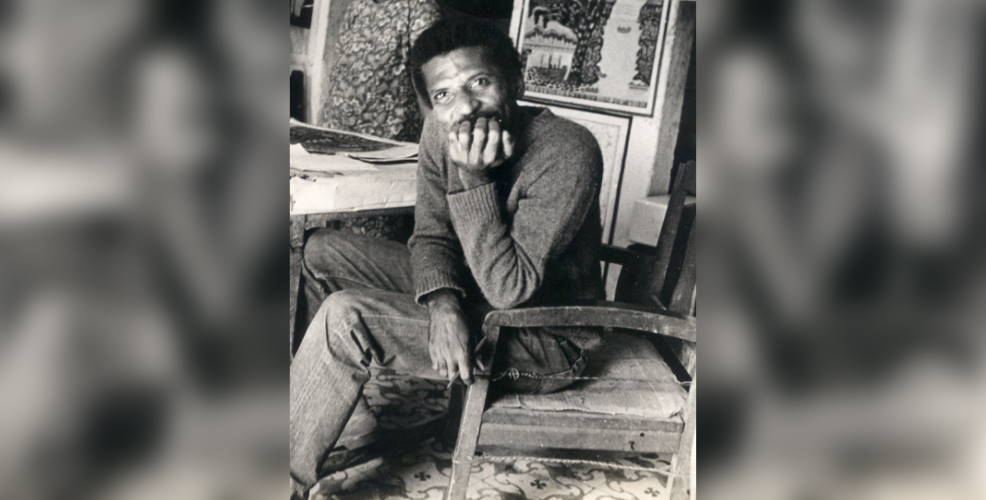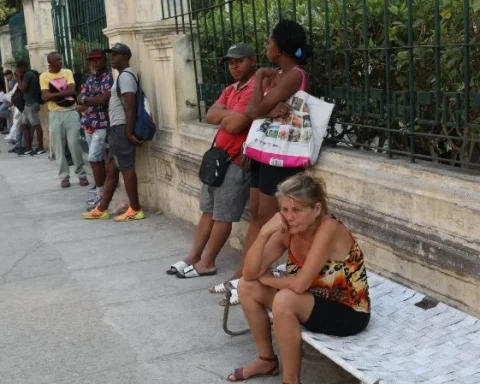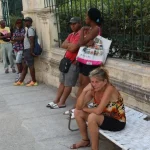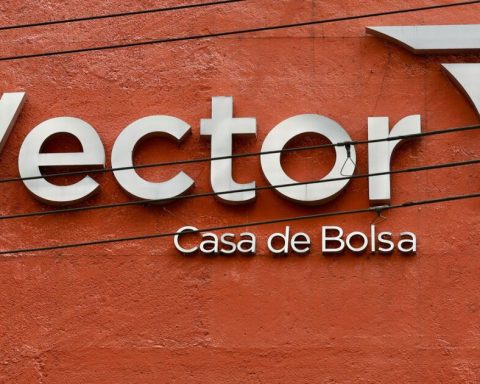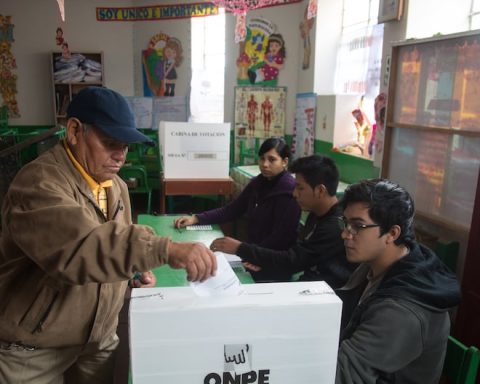Havana Cuba. — This August 27 marks the anniversary of the birth of Manuel Granados, a writer who has been relegated by the decision makers of the official culture in Cuba.
It is not known exactly if he was born in 1931 or 1932, and if it was in Camagüey or Santa Clara. But those are the minor contradictions around Granados. Everything about him was contradictory: his personality, his political position, his literature, his sexuality.
Granados, in the difficult scenario of Fidel Castro’s Cuba, within the narrow margins of the revolution, was a proud black man, a writer, bisexual and scandalously libertarian.
Having seen the faces of poverty and racism, he felt compelled to be a revolutionary. That is why he fought in the Sierra Maestra and in Girón.
He once said: “Guys like me, no matter how far we are from Marxist theory, we are going to continue on the train of the revolution, when it is for nothing else, at least for the gift of comparison: for what was Before you are not now, or because of what you were not and now you are”.
When he sensed that there was a trap behind each and every one of the principles they wanted to impose on him, he resisted disappointment. He did not want to be ungrateful and turn against the revolution that took him out of marginality, but he was suffocating with so many impositions and taboos. He confessed it many times, involving his friends—his ambias, as he called them—Tato Quiñones and Felito Ayón.
But he always had problems with the revolution. Ever since he rose up in the Sierra Maestra and the rebels, who mistook him for a Masferrer tiger, made him dig his grave and subjected him to a mock execution.
After 1959, because of conflict and quarrelsomeness, the police arrested him many times. And in 1971, at Villa Marista, the headquarters of State Security, they warned him that they would never allow him to be free in the way that he understood being free.
Granados and his wife, the poet Georgina Herrera, had had problems for being one of the writers of El Puente, the publishing house condemned by Fidel Castro. But in 1967 his novel Adire and broken time was awarded in the Casa de las Américas Contest, and Haydée Santamaría moved him from the plot of land in Centro Habana where he lived to an apartment in El Vedado, and began working at ICAIC.
But a few years later he fell out of favor again. In 1971 he was expelled from UNEAC. He was not rehabilitated until 1988, when he was allowed to publish the book Coral Country that he made do with the stories he extracted from his unfinished novel The children of Maria Candela.
His break with the regime took place in June 1991, when he signed the Charter of the Ten. Harassed by State Security, he had to go into exile in Spain in 1992. Then, married to a French woman, he settled in Paris, where he died in 1998.
Granados’s work has been undervalued, it has not had the recognition it deserves, not only because of its importance in Cuban literature, but also in that of Latin America. Adire and broken time and the tales of The wind in the sun house Y coral country are among the best of black literature on the continent, along with juyungoby the Ecuadorian Adalberto Ortiz, and the stars are blackby the Colombian Arnaldo Palacios.
With Adire and broken timea raw, stark novel, the bildungsroman of a revolutionary —the black Julián, whose story converges with that of a white prostitute—, Granados would join, along with Jesús Díaz, Norberto Fuentes and Eduardo Heras León, in the so-called narrative of the violence of the 1960s.
Castro’s cultural commissioners always despised Granados, considering him “a black mouth, marginal and bird” and that, to make matters worse, he became a dissident.
In this regard, his son, Ignacio Granados, one of the two he had with Georgina Herrera —the other daughter, Anaisa, died in 1991— told CubaNet: “Of course racism weighed on his career and hypocritical conservatism, homophobia, political pettiness, economic poverty and the arbitrariness of everything, as in everyone’s careers. I remember my father’s vindication, from 1987, and how everyone referred to what had happened but that nobody said to the right. But I don’t think it was just or primarily racism. It was a set of things that included prudishness and political duplicity along with a certain lofty and irresponsible sense of personal freedom that my father had.
Ignacio Granados, who lives in Miami and is currently working on a documentary about his father, explained about his personality: “He was unpredictable, conflictive and contradictory. That was part of his personality, without him intending it. He had a very spontaneous way of being and interests that were too broad and diverse, not only for the moral rigor of the Cuban model, but for any other. He just exceeded everything. And he was aware of these contradictions, but they never took his sleep away, because he knew that, beyond himself, he responded to an order that surpassed him and was basically incomprehensible”.
The last wife that the writer had, the French Dominic Colombani, said about Granados: “Around him, what was happening was a special experience of transcendence; everything changed, the people, the perspectives, everything”.
OPINION ARTICLE
The opinions expressed in this article are the sole responsibility of the issuer and do not necessarily represent the opinion of CubaNet.
Receive information from CubaNet on your cell phone through WhatsApp. Send us a message with the word “CUBA” on the phone +1 (786) 316-2072, You can also subscribe to our electronic newsletter by giving click here.
